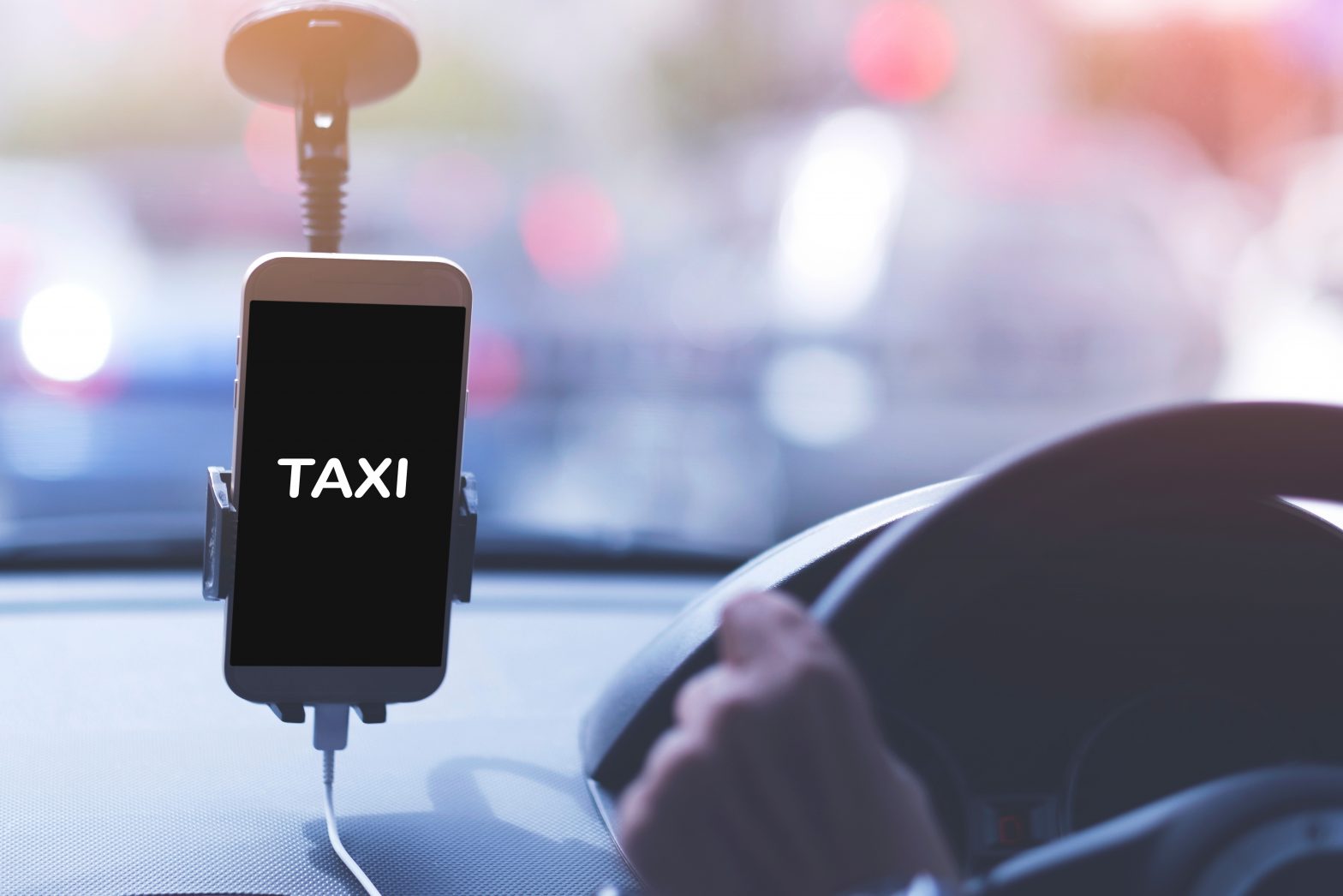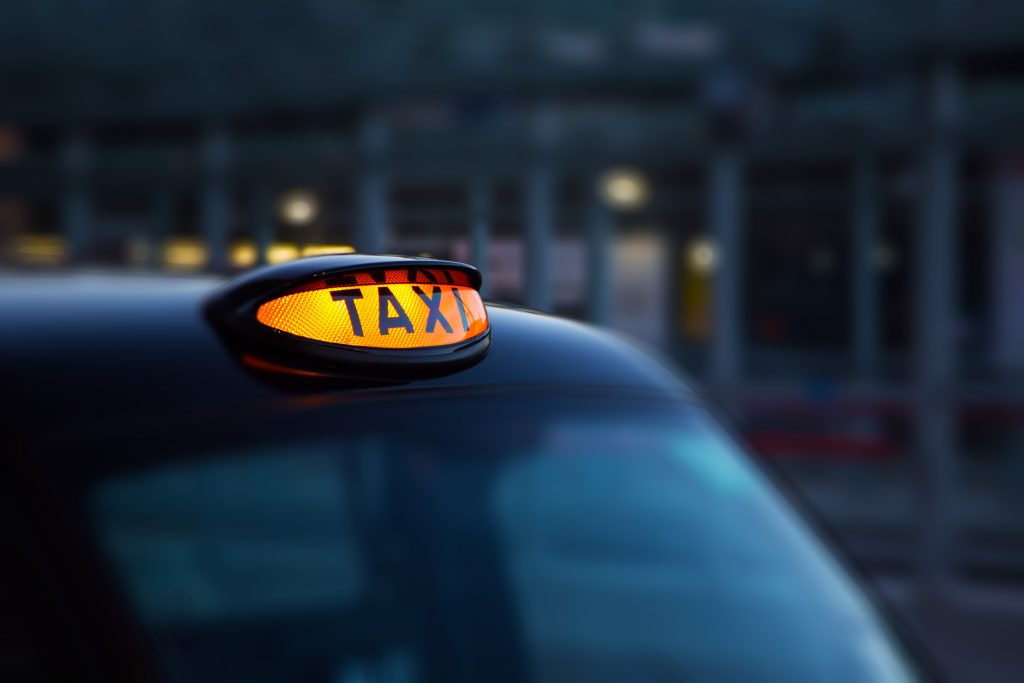Since Uber was born in 2010, it has blown away the competition of many local taxi companies in major cities around the world. Uber currently operates in 10,500 cities in about 70 countries around the world, with an annual turnover of US $37 billion. It is therefore the world’s largest taxi company. Uber has more than 150 million monthly active users with 28 million people using it to travel every day.
Uber’s high profile makes it a big target for public criticism. After all, the company’s emergence has taken away jobs from the traditional taxi industry.
Not only that, but Uber also defines its drivers as gig workers or independent contractors, a practice that has drawn widespread criticism and legal challenges around the world.
On May 2nd, more than 10,000 London taxi drivers launched a multi million pound lawsuit against Uber. The claimants allege that Uber deliberately misled Transport for London (TFL) about how its app works in order to obtain a license. The basis for this is Uber’s operations between May 2012 and March 2018.
The claim is worth as much as 250 million pounds, leading to drivers potentially receiving as much as £25,000 each.
So why did London taxi drivers launch a lawsuit against Uber? And will the Uber lawsuit lead to them exiting London?
Uber’s years-long battle with London’s taxi industry, regulators and its drivers
In London, red double-decker buses and black taxis are one of the iconic symbols of this international city.
After Uber entered the London market, the London taxi industry became severely squeezed, with Uber’s highly competitive prices and greater convenience putting them at an advantage.
As a result, a dispute between the London taxi industry and Uber arose. Together with former Uber drivers and politicians, some are pressuring regulators to force Uber to withdraw from the London market.
Are Uber drivers self-employed?
Since it began operating, in Uber’s eyes, its drivers were previously self-employed. This means that they are responsible for their own insurance and taxes, and do not enjoy certain employment rights, such as the national minimum wage and holiday pay. But in the eyes of Uber drivers, they hope to be defined as employees so that they can obtain certain labour rights.
In March 2021, the UK Supreme Court ruled that Uber drivers are workers and are not self-employed This was a major win for Uber drivers, who now have greater protections and workers’ rights as a result.
Uber faces another £250 million legal challenge as license expires
In March 2022, Uber’s operating license in London was due to expire again (March 27, 2022), meaning another confrontation with the London Transport Authority. This time, Transport for London believed that Uber met its standards and issued a 30-month (2.5-year) operating license. Uber will therefore face a review of its operating licenses once again in September 2024.
Currently, there are still four months until Uber’s operating license in London expires. Uber is therefore once again under challenge by London taxi drivers with this most recent case.
RGL Management, the claimant representing London taxi drivers, said that Uber breached private taxi licensing rules by allowing its drivers to take bookings directly from customers rather than through a central system such as a minicab service, which is a booking system. They also said that Uber deliberately misled Transport for London in order to obtain an operating license in 2012.
During this period, London taxi drivers suffered losses of more than £250 million as the number of customers fell and they had to extend their working hours to compete with Uber. As a result of this, individual drivers may be eligible for compensation of up to £25,000.
If the London taxi drivers win, Uber will not only have to pay this high claim, but it may also be unable to successfully obtain a new operating license in September, forcing it to leave London.
So, is it possible that Uber will lose the lawsuit?
Judging from the information released so far, it is unclear whether Uber will win this lawsuit or not.
Uber argue that the claims of London taxi drivers are completely unfounded, that they are currently operating legally in London and have obtained full permission from TFL.
This kind of case retroactively requires the claimant to produce clear evidence to prove that Uber had “deliberate concealment” when applying for a license at the time, but it is relatively difficult to prove.
In addition, as for the compensation of 250 million pounds, the claimant also needs to provide actual data to prove the impact of the emergence of Uber on taxi drivers. Generally, this requires independent data and reporting from a third party.
From the above two aspects, the success of the case is still quite difficult for RGL Management, the litigation claims agency representing London taxi drivers.
If the case is not dismissed out of hand, it will be interesting to see how Uber allegedly misled TfL about the workings of its operating systems. However, it is not uncommon in such cases for lawsuits to be settled before public disclosure. A settlement is often reached to avoid lengthy legal proceedings and potential reputational damage. We’ll wait and see how this particular case develops and whether the legal process will expose Uber’s operations.
Since this case has just been litigated, we will follow up and share more information about it with you in the future. If you encounter any unfair competition or other problems in business operations, please feel free to consult the Lisa’s Law Litigation Department.
Have questions? Get in touch today!
Call us on 020 7928 0276, phone calls are operating as usual and we will be taking calls from 9:30am to 6:00pm.
Email us on info@lisaslaw.co.uk.
Use the Ask Lisa function on our website. Simply enter your details and leave a message, we will get right back to you: https://lisaslaw.co.uk/ask-question/
For more updates, follow us on our social media platforms! You can find them all on our Linktree right here.




